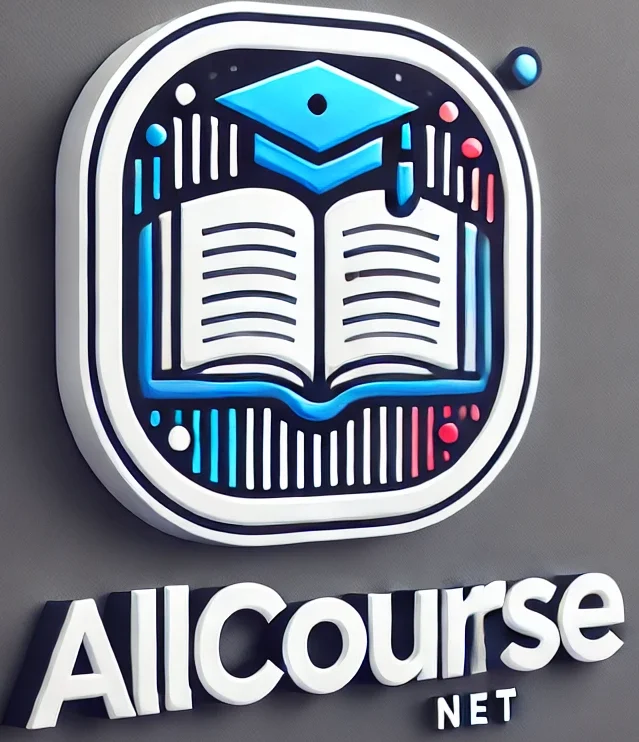Crafting an Outstanding Proposal to Get Scholarships Your scholarship proposal serves as your first impression on the selection committee. It’s not merely a document; it’s a reflection of your personality, ambitions, and the reasons you deserve this opportunity.
Originality plays a pivotal role in crafting a Proposal to Get Scholarships successful proposal. Scholarship committees highly value authenticity, and even a hint of plagiarism can disqualify your application. Writing a plagiarism-free proposal showcases your integrity and ability to express your ideas in a clear, unique manner.
In this guide, we’ll explore strategies for crafting an original and plagiarism-free scholarship proposal.
Strategies for Writing an Original Proposal
A scholarship proposal is your chance to secure financial aid by demonstrating your research and communication skills. A well-written proposal not only highlights your qualifications but also ensures you stand out. Below are steps to help you avoid plagiarism and write a compelling proposal.
1. Set a Clear Goal
Before you begin, define the purpose of your proposal. Outline your aims and explain how this scholarship aligns with your academic or career aspirations. Clear goals ensure your writing remains focused and purposeful, making your proposal cohesive and genuine.
2. Establish Context
Contextualize why this scholarship matters to your academic or professional journey. Highlight the specific benefits of the opportunity and how they connect to your goals. Demonstrating an understanding of the scholarship’s value assures the committee that your proposal is tailored to the opportunity, reducing the temptation to borrow ideas from others.
3. Be Authentic
Present your background, achievements, and aspirations in a sincere and honest manner. Share your journey and highlight how your experiences align with the scholarship’s purpose. An authentic proposal resonates with reviewers and sets you apart from other candidates.
4. Showcase Your Individuality
Professionalism is important, but don’t shy away from infusing your personality into the proposal. Committees are interested in learning who you are beyond your qualifications. Writing in your natural voice ensures your proposal is unique and reflects your individuality.
5. Avoid Pre-Made Templates
Relying on pre-made templates might save time, but it stifles creativity and increases the risk of unintentional plagiarism. Craft a structure that suits your specific proposal. Writing manually helps you reflect deeply on what you want to convey, resulting in a truly original submission.
6. Cite Sources Appropriately
While scholarship proposals are typically written from scratch, any borrowed ideas, quotes, or statistics should be properly credited. Citing your sources maintains academic integrity and avoids potential conflicts.
(Tip: Use a citation generator to ensure proper formatting of references.)
7. Conduct a Plagiarism Check
Even if you write everything yourself, accidental plagiarism can occur. Use plagiarism detection tools to review your work before submission. These tools compare your text with online content and highlight any similarities, enabling you to paraphrase or adjust duplicated sections.
3 Common Mistakes to Avoid
To ensure your scholarship proposal is original, steer clear of the following pitfalls:
- Self-Plagiarism: Reusing content from previous applications may seem convenient but is considered a serious offense in academics. Always start fresh.
- Overused Clichés: Avoid vague or overused phrases that dilute the originality of your writing. Instead, focus on specific and meaningful language.
- Failure to Cite Sources: Any information that isn’t common knowledge must be cited. Omitting citations can lead to accusations of academic misconduct.
Conclusion
Writing a plagiarism-free scholarship proposal may seem challenging, but it’s ultimately about staying true to your unique ideas and experiences. By focusing on your goals, showcasing your individuality, and adhering to the principles of originality and integrity, you can craft a compelling proposal. Avoid generic templates, highlight your achievements, and ensure your writing reflects your authentic self. With these strategies in mind, you’ll be well-prepared to make a lasting impression on the selection committee.

